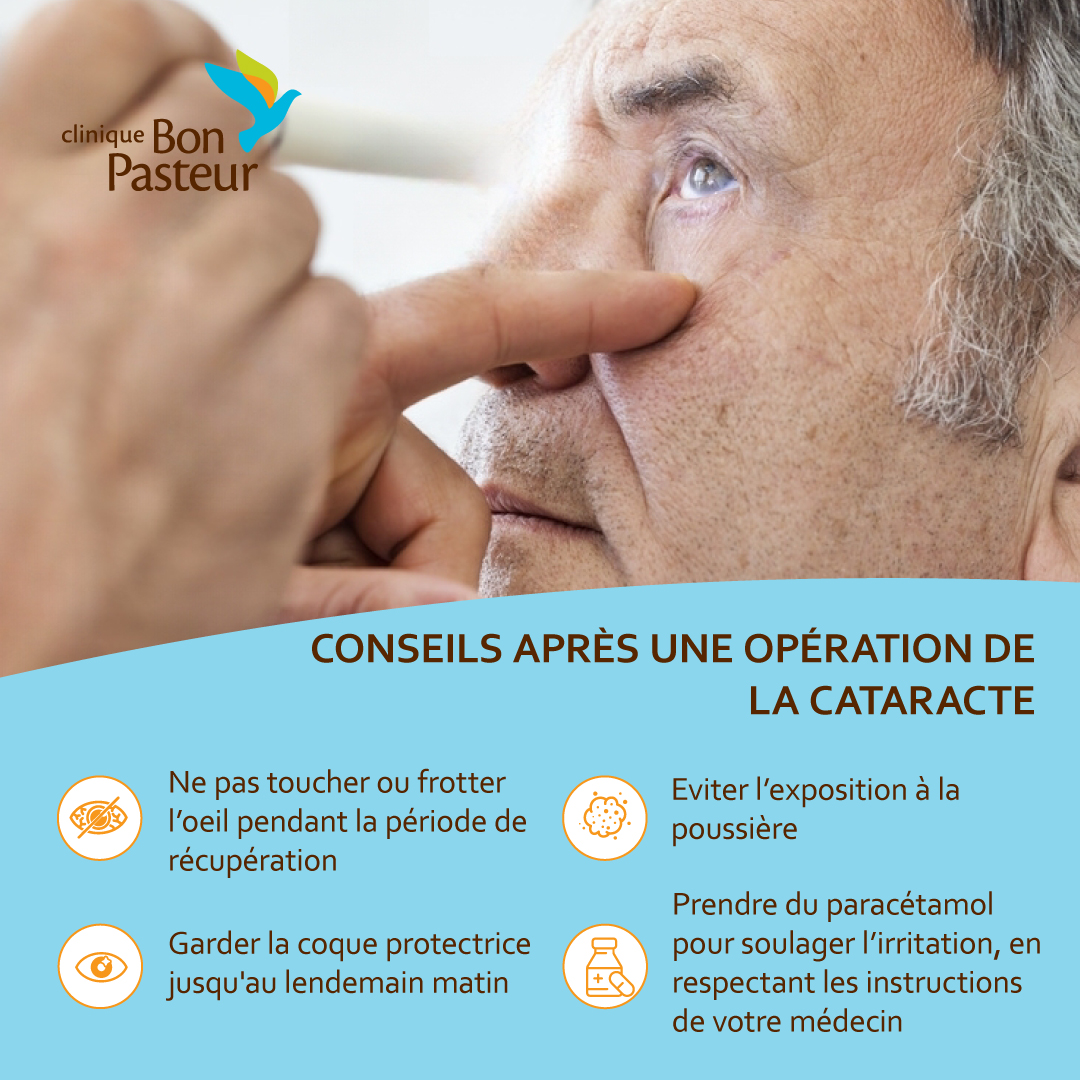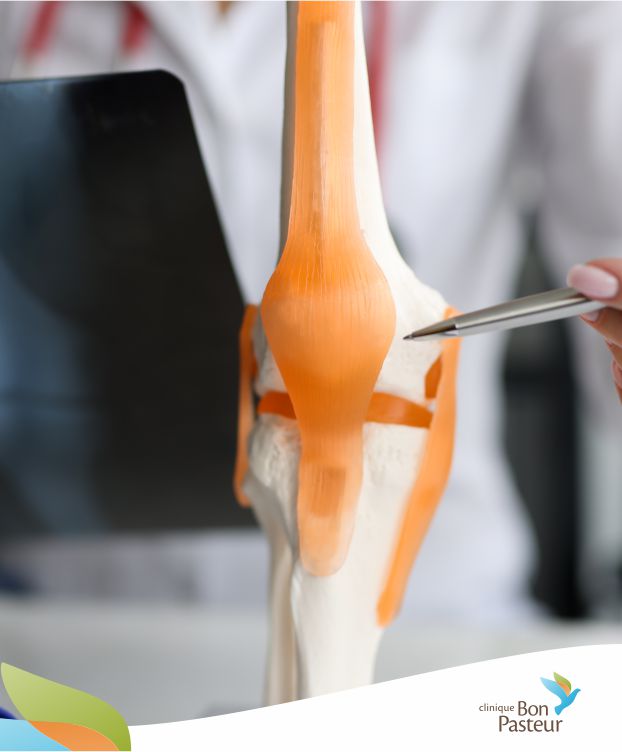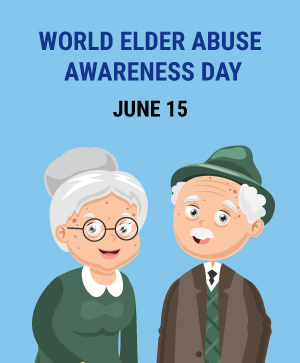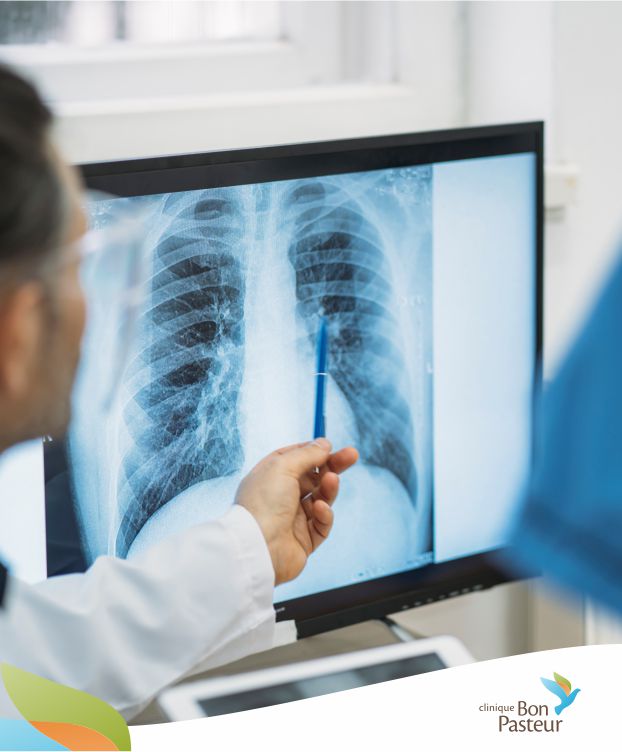All about the seasonal flu vaccine
May 17, 2022
Temperatures have started to drop and evenings are turning milder. Winter is beginning to show its face, no doubt about it! With it comes the onset of seasonal flu, which can be prepared for with the vaccines offered by the Clinic. Who are they for? When to get vaccinated? Dr Veeraragoo, a specialist in internal medicine, gives us more information.
What is seasonal flu?
The seasonal influenza virus belongs to the Orthomyxoviridae family. These viruses occur every year, mainly in winter, and affect all populations worldwide. They are unique in that they mutate continuously, which means that they are constantly changing and are never the same every year. While the symptoms may vary from person to person, some are quite common and are found in most infected people, such as headache, fever, runny nose, myalgia, weakness, and sometimes nausea and vomiting. Flu is mostly harmless, but can lead to serious consequences, including hospitalisation or even death, in at-risk populations.
Who is eligible for the vaccine?
The vaccine is not compulsory but is strongly recommended, especially for particular risk profiles. One of the target groups are elderly people as they are more likely to develop serious complications after being infected. Secondly, we also advise children between 6 months and 2 years of age to be vaccinated. As their immune systems are still immature, they tend to develop more intense forms of flu. Thirdly, people with chronic diseases such as diabetes, asthma or certain heart diseases are strongly encouraged to receive the vaccine. Finally, pregnant women may also be at risk, as influenza can lead to complications such as miscarriage and premature delivery.
When is the best time for a vaccination?
As seasonal flu tends to occur in winter, it is advisable to get the vaccine before the weather turns cold. The ideal time would therefore be between February and March, but the vaccine will still be effective regardless of when it is given, as it protects the patient for 6 to 8 months. It should then be repeated every year at the same period.
How does it work?
The two vaccines offered at the Clinic, Influvac and Vaxigrip, are composed of inactivated viruses. This means that once injected, the virus cannot multiply in the body’s cells and cause flu. In other words, it wakes up the immune system and builds a response to future attacks. If the immune defence is actually activated, the person is fully ready to neutralise the real virus before it can do too much damage. As these viruses change every year, vaccines are continually updated according to the strains in circulation. The Vaxigrip vaccine, for example, is a tetravalent vaccine and prepares the immune system against four different subtypes of influenza A and B currently in circulation.
Does the vaccine cause side effects?
The flu vaccine has been used for almost 60 years! It has been extensively studied and is therefore safe. However, it is possible to experience flu-like symptoms such as fatigue, nausea, runny nose, fever or loss of appetite within 48 hours of the injection. However, these symptoms are less severe. In very rare cases, a person may be unknowingly allergic to one of the components of the vaccine. This can lead to an allergic reaction of varying severity.
How effective is the flu vaccine?
The effectiveness of the vaccine depends on many factors: the health of the person, their age, but also the type of virus currently in circulation. As a general rule, the vaccine is 40-60% effective. This means that you can still get the flu, but your system’s immune response will be much faster because the body recognises the virus straight away. The virus, since it is already known to our immune system, will not proliferate, thus hindering contamination, which is usually through the airways. In addition, the vaccine remains effective against the strains that make it up. It is therefore possible for a person to be infected with a subtype not provided by the vaccine.
What are the necessary formalities for obtaining a vaccine?
At the Clinic, you will need a prescription from a general practitioner or other doctor before you can be vaccinated. The pharmacy will then deliver the prescribed vaccine to the patient. Medical advice is also required before the injection, as it is not recommended to be vaccinated if you have a fever, for example.
Besides vaccination, what are your recommendations for coping with winter and seasonal flu?
In order to limit the risk of contamination, especially for symptomatic cases, we would advise implementing the same precautions recommended since the advent of the pandemic: wearing a mask, frequent hand washing, social distancing, use of hydroalcoholic gel, etc. Furthermore, a healthy diet, made up of fresh fruits and vegetables and balanced meals, also ensures optimal immunity. It is equally advisable to exercise, as it oxygenates our system and boosts our immunity and mental health. Finally, if we suffer from comorbidities, we should do all the necessary check-ups. Uncontrolled blood sugar levels in a diabetic suffering from flu can lead to serious complications. It is therefore wise to listen to your body and, above all, to take care of it.
For more information, do not hesitate to contact our pharmacy on 401 95 00.
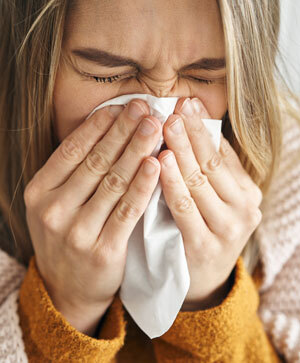
Related Article

